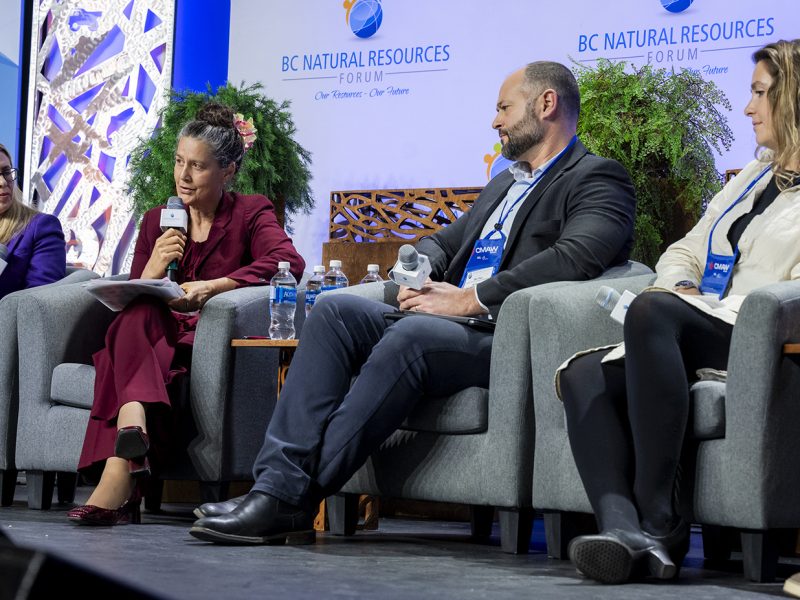
Wildfire leadership and partnerships highlighted at BC Natural Resources Forum
TRU President Dr. Airini says BC has reached a critical inflection point in how it prepares for wildfire and other natural hazards.
We operate the Centre for Wildfire Research, Education, Training and Innovation—a hub dedicated to advancing knowledge and practices in wildfire management, ensuring communities and ecosystems are better prepared and more resilient.
With TRU Wildfire, we address the growing challenges of extreme fire behaviour and its impacts. At the heart of our partnership with the BC Wildfire Service, TRU Wildfire integrates research, education, training and innovation to create solutions for a changing world.
World-Class expertise
Home to an ever-growing team of researchers leading the way in fire science, community resilience, application of new technology and more.
Unparalleled partnerships
Collaborating with BC Wildfire Service, Indigenous Partners and policymakers across Western Canada.
Strategic location
Situated in Kamloops, BC—one of the busiest wildfire response regions globally and home to the BC Wildfire Service Provincial Wildfire Coordination Centre.
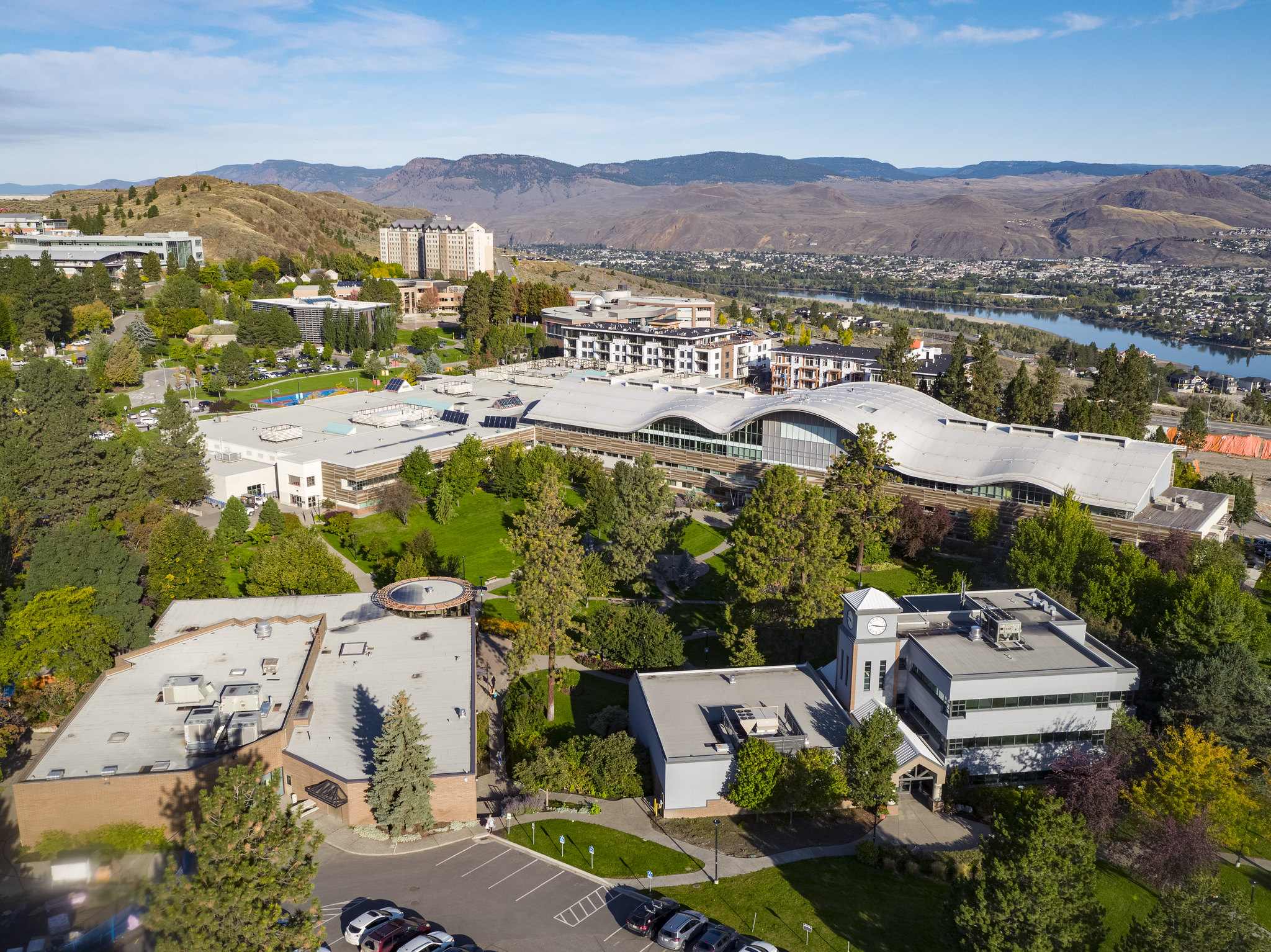
TRU Wildfire's Centre for Wildfire Research, Education, Training, and Innovation represents years of dedicated effort to address the urgent challenges posed by a changing climate. By prioritizing practice to research and research to practice, TRU is responding to the escalating frequency and severity of wildfires to build a safer and more prepared future.
View Our Timeline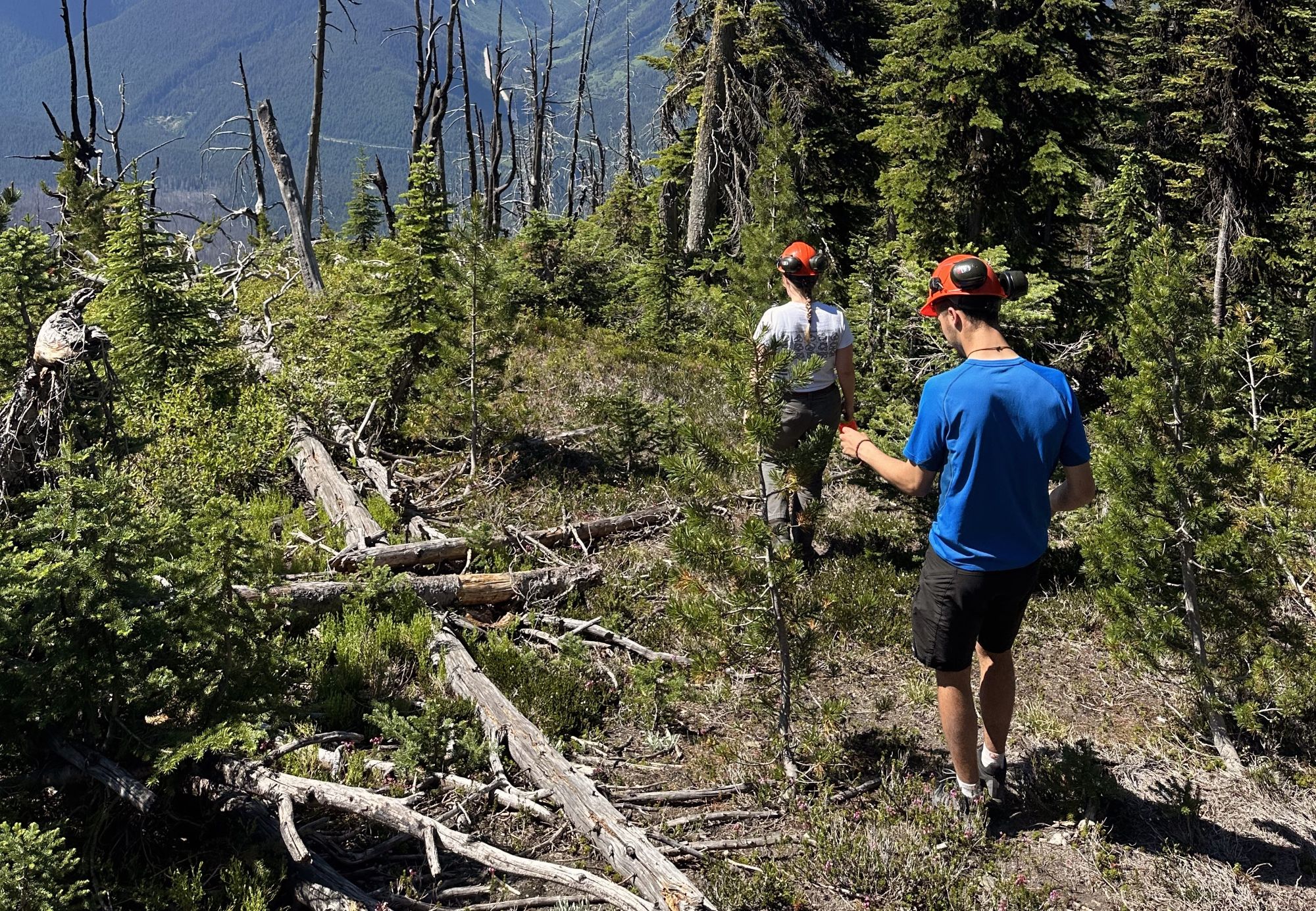
Innovation, which combines research with applied thinking to solve a challenge, can significantly transform wildfire management.
Advancing or developing new technology, practices and tools can solve challenges surrounding wildfire prevention, preparedness and response. This includes improved incident management and safer operational environments for wildland firefighters.
TRU and the BC Wildfire Service (BCWS) are working together to identify opportunities for innovation, and to quickly test and implement innovation directly within wildfire operations. This includes testing and trialing new ideas, technology, equipment and practices.
Accessing and sharing expertise, resources and assets is vital for progress. TRU Wildfire helps accelerate innovation by bringing together government, universities, Indigenous groups, research groups and industry, and linking the necessary resources to find solutions.
Through the IWSAR, TRU is already integrating machine learning and AI to improve current wildfire modeling and predictive outcomes. BCWS is conducting studies and pilots on a variety of wildfire-related topics, including firefighter health, insights from Indigenous firefighting experience, night vision goggles for helicopter pilots, fire-suppressing foams, and drone technology for aerial ignitions and infrared scanning of hot spots. Discoveries and innovations will cycle back into TRU Wildfire’s research, education and training.
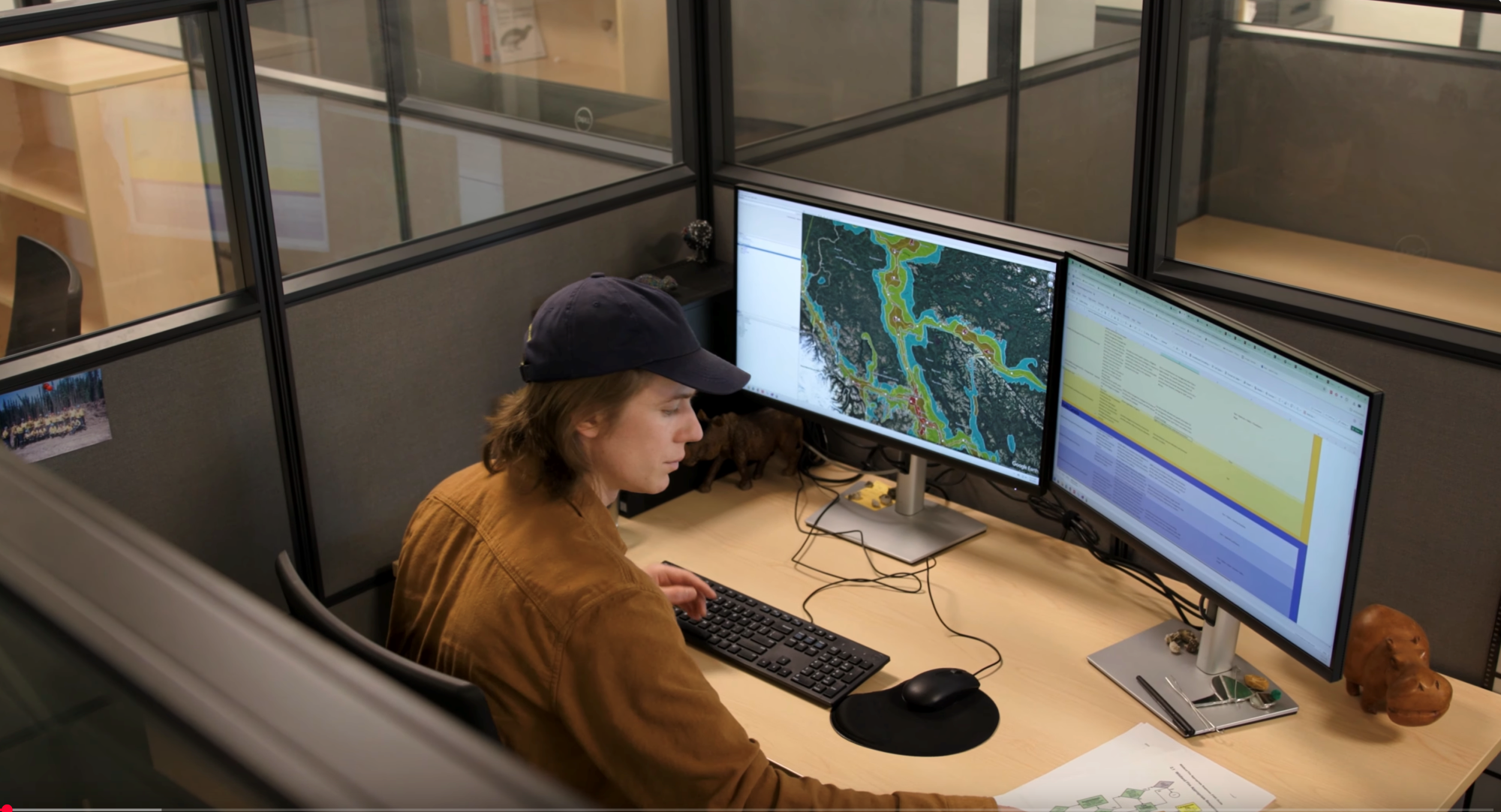
Our TRU Wildfire experts are available to provide insights and expertise on wildfire science. Be inspired by the stories of our students, faculty, and researchers making a difference.

TRU President Dr. Airini says BC has reached a critical inflection point in how it prepares for wildfire and other natural hazards.
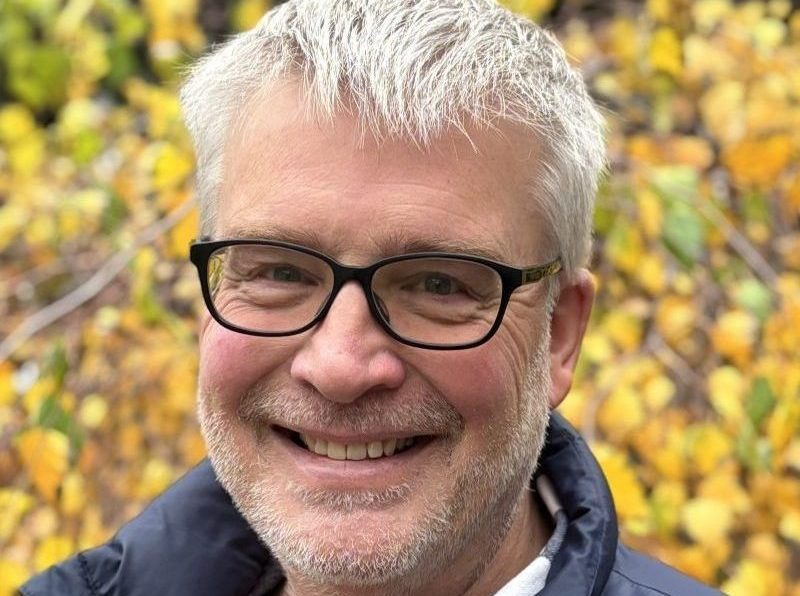
TRU science dean and former wildland firefighter Greg Anderson turns lived trauma into resilience research and mental-health training.
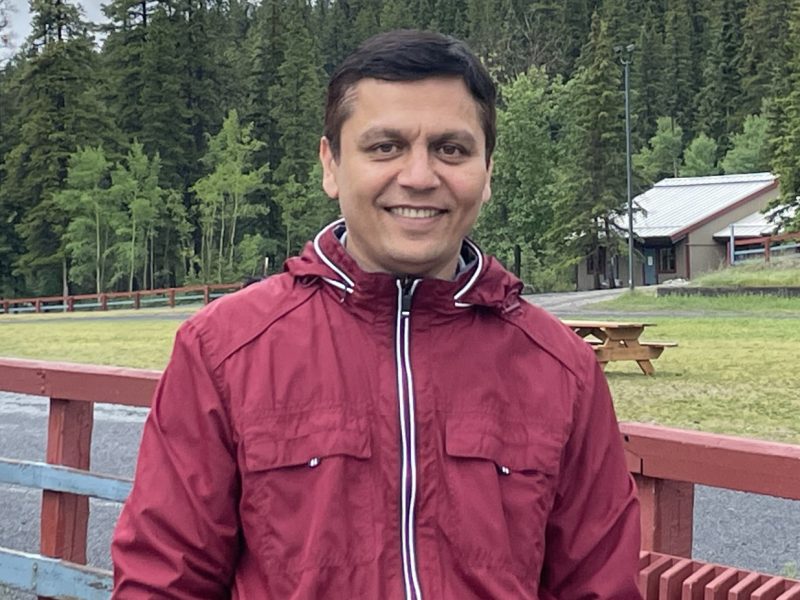
Dr. Mahed Choudhury looks at the people side of wildfires — how communities cope, rebuild and come out stronger.
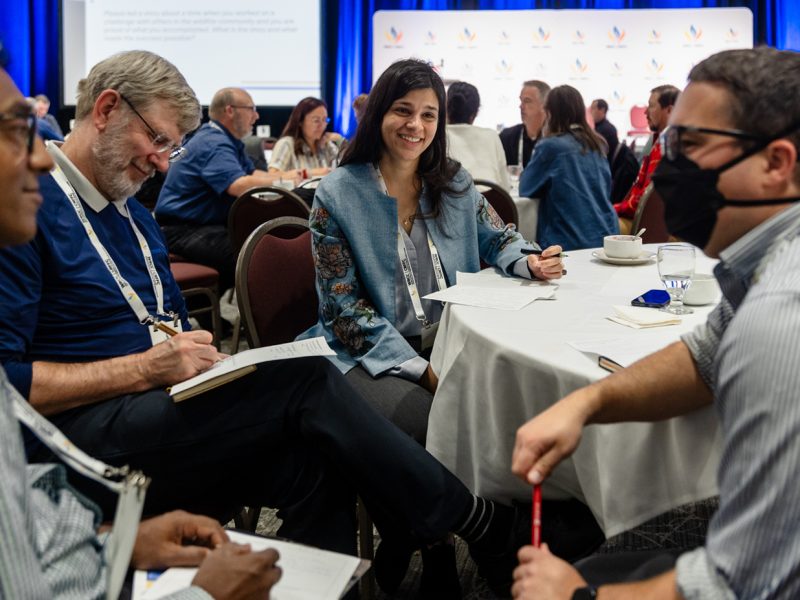
Wildfire researchers, agency staff, and community leaders convened at TRU to launch a national conversation about wildfire resilience.